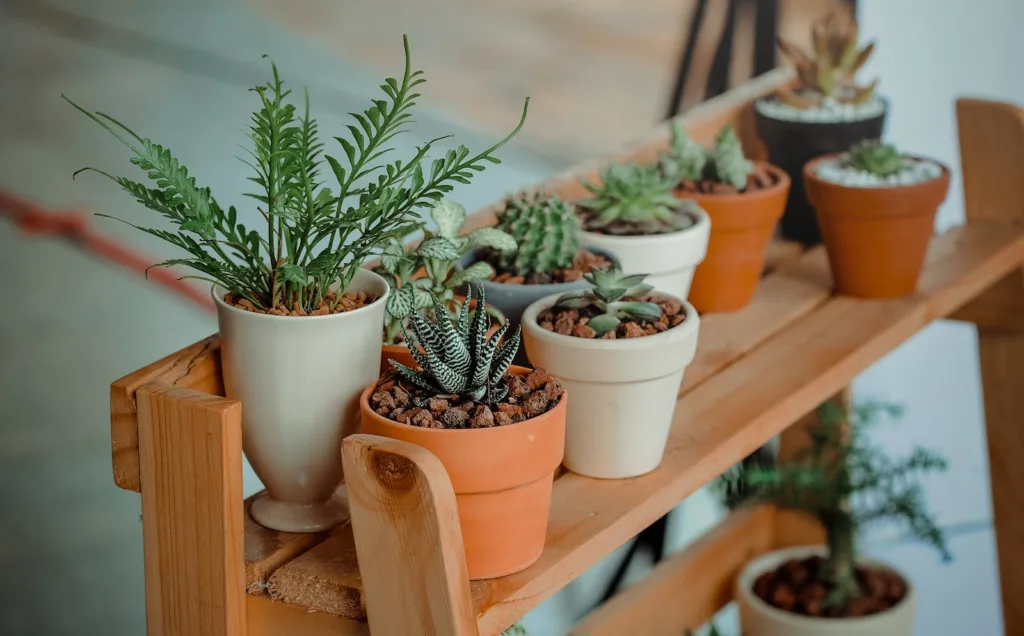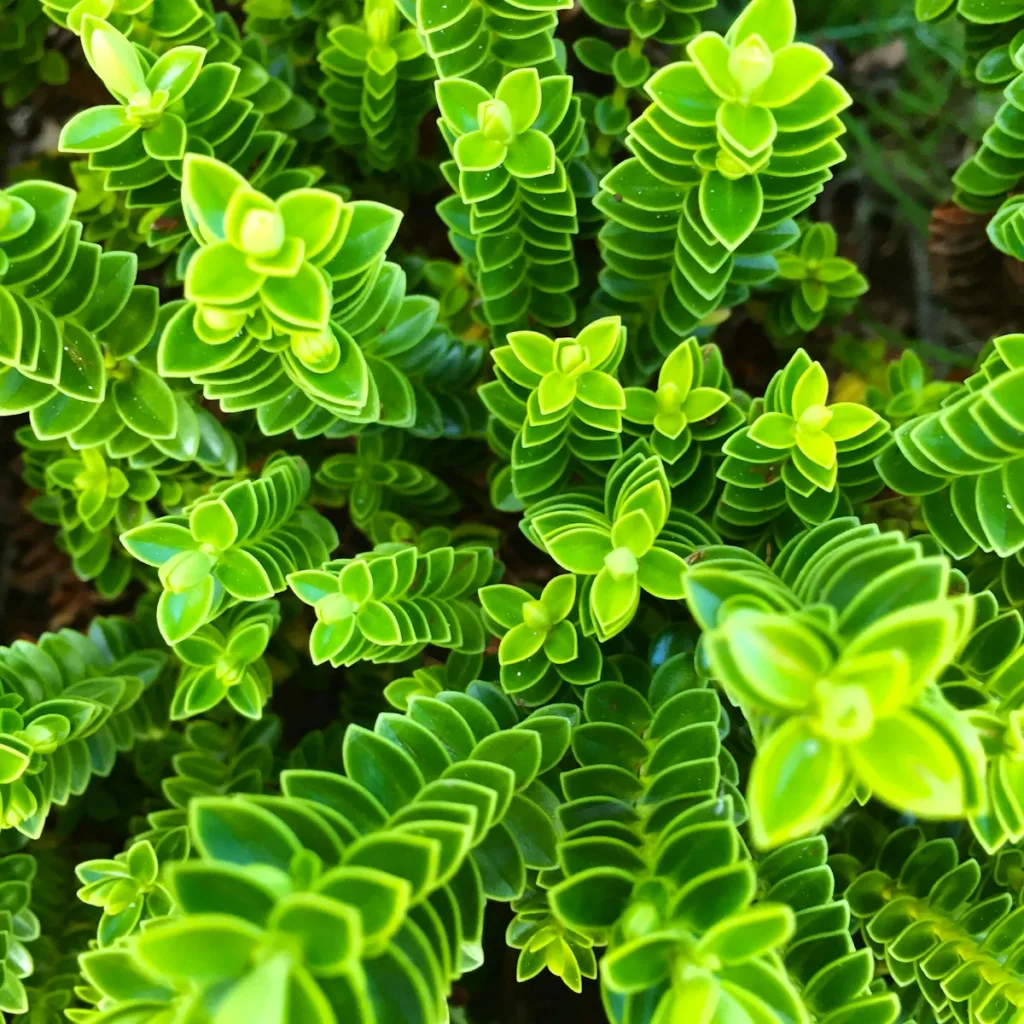Table of Contents
Researchers have found a new competitor in the race to hack the aging process, suggesting that they may be moving closer to their objective. Plant cells have a specific organelle that has been understood for more than a century. But because not much research has been done to fully grasp it, this gem has been overlooked throughout time.
In order to ascertain which components of the plant cells regulate their reactions to stress caused by elements such as stress, inadequate light, or excessive salt, a UCR research team recently made the decision to investigate these plant cells.
They were shocked to hear about this organelle and a little-known protein that regulates whether plants can survive when they are kept in the dark for extended periods of time.
“For us, this finding is a big deal,” stated Katie Dehesh, a renowned professor of molecular biochemistry at UCR and co-author of the study published in Nature Plants Journal. We have established the crucial role of a cell organelle that was previously unrelated to the aging process for the first time.

The Golgi body, an organelle made up of several cup-shaped sacs wrapped with membranes, is in charge of distributing the molecules within the cell so they end up where they should. The way that tiny sac “envelopes” move around a cell, carrying other molecules, is regulated and coordinated by a protein known as COG.
Golgi bodies and the COG protein collaborate closely because the former is required for the latter to attach sugars to other proteins or lipids before sending them to the appropriate locations within the plant.
The primary author of the new study, Heeseung Choi, is a researcher in the Botany and Plant Sciences Department at UCR. She explained how the protein and the organelle interact. “Golgi are like the post office of the cell,” wrote Choi. Proteins and fats are packaged and sent to their designated locations. A damaged Golgi can cause disarray and problems for the cell’s functions, which can impact how well the cell functions and maintains its health.

Effect of COG protein on plant cells
Following their discovery of the significance of the COG protein for plant health, the study team made the decision to investigate further to find out more about the role this protein had in these plants’ growth. They altered some of the plants in their two groups so they were unable to make these proteins.
The altered plants grew normally, as predicted, and it was impossible to tell them the difference from the unmodified plants.
The COG mutants displayed age indicators in the dark, which normally manifest by day nine in natural, unaltered plants, according to Choi. However, these symptoms appeared in just three days in the mutants. This is because denying plants light limits their ability to receive sunlight, which they need to produce sugar to support growth.

The study team discovered that instantly rectifying the mutation and reintroducing this protein into the plant caused the plants to resurrect as if they weren’t on the verge of death.
The true thrill today comes from the discovery that Golgi bodies are found in all eukaryotic species, including humans, and not just in plants. According to Dehesh, this research has significantly enhanced our understanding of how plants age, which will be crucial in identifying potential markers for the aging process in humans.
Therefore, in order to determine how close they will come to making a breakthrough regarding age-related diseases in humans, the team intends to carry out additional research into the molecular mechanisms underlying the findings of this study.
read also : A scientist has claimed proof that our lives are Simulation 2024
cells cells cells cells


1 thought on “A recent finding of plant cells holds promise for anti-aging benefits for humans 2024”